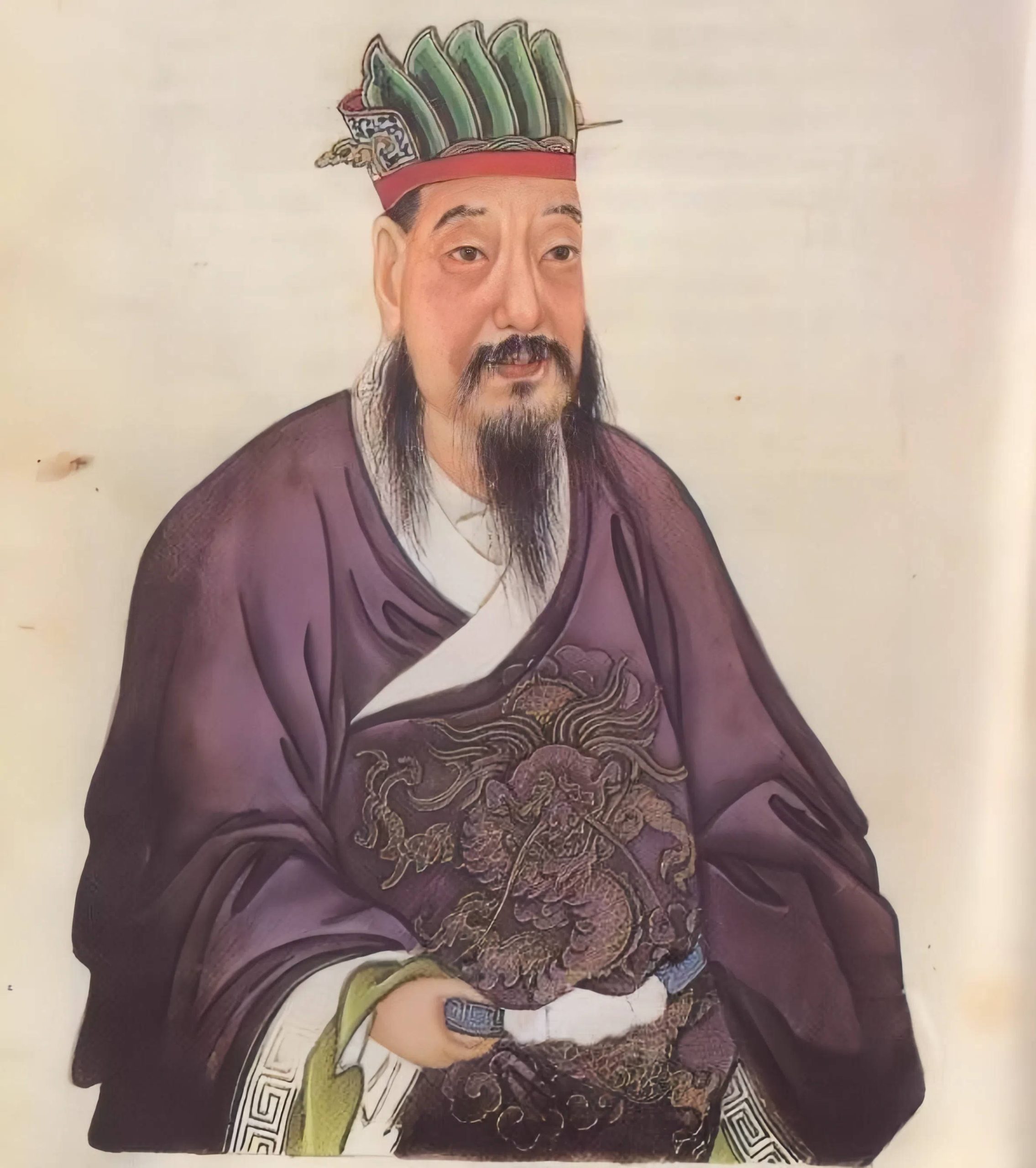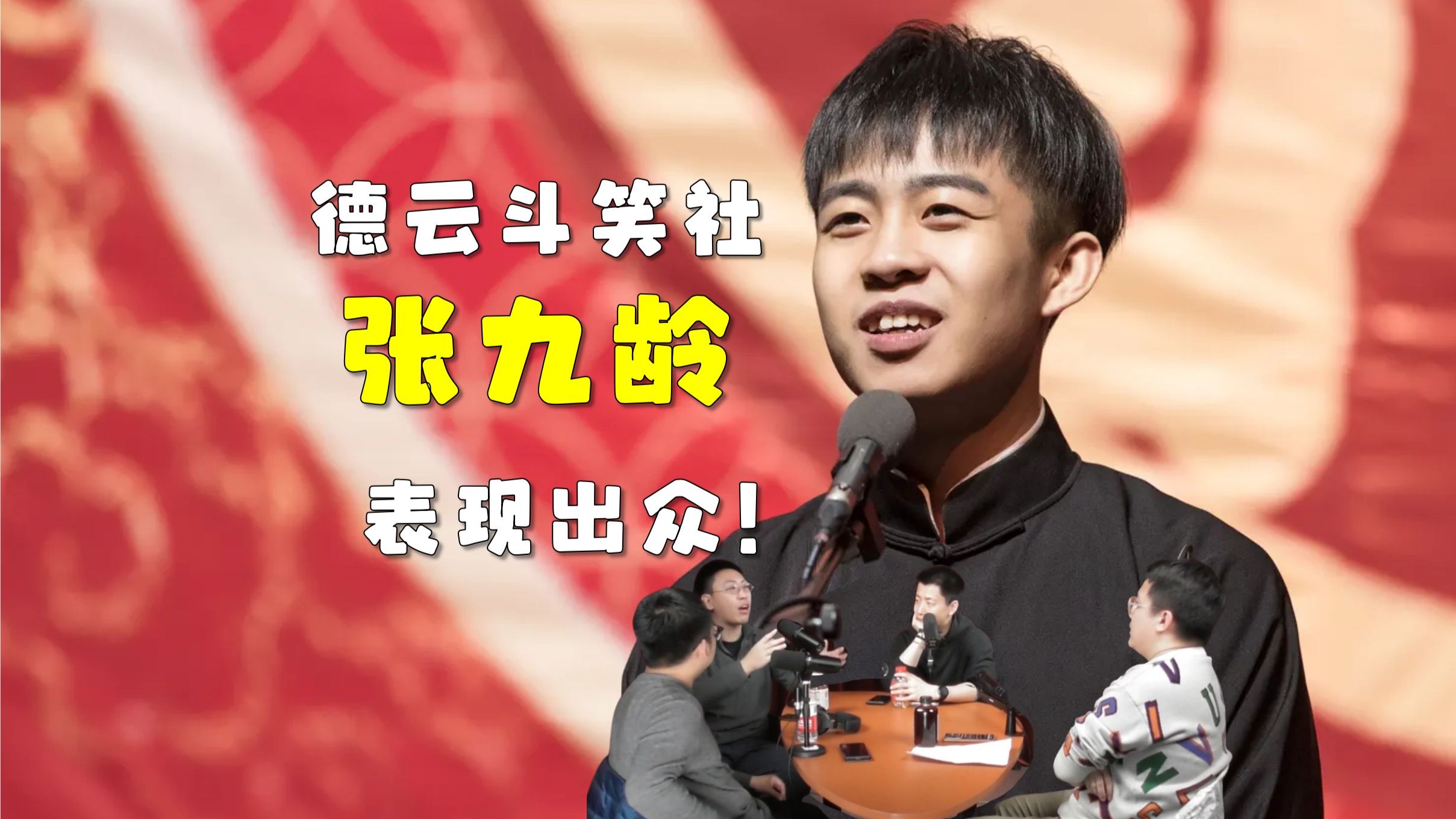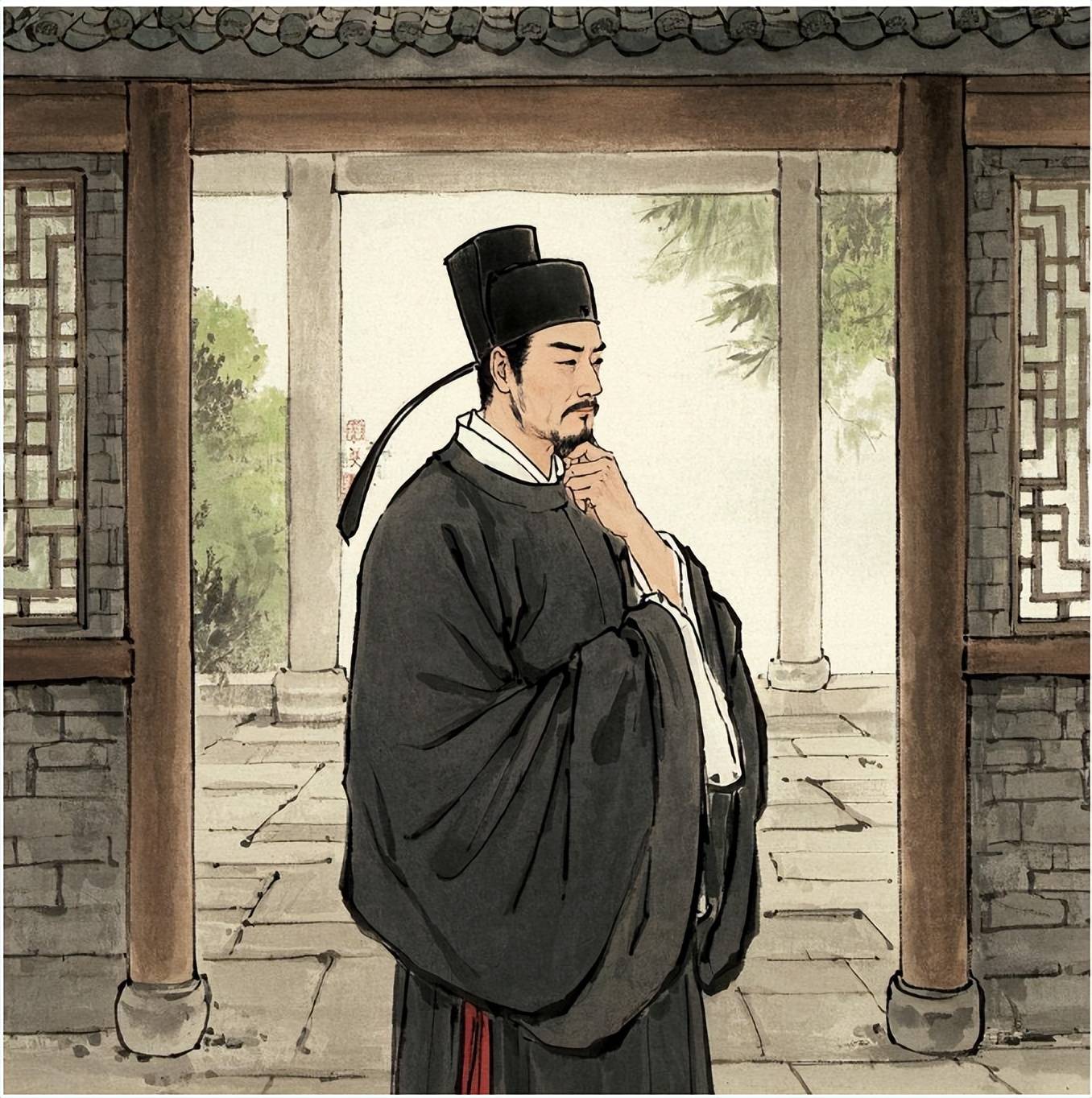Guo Ziyi, born in Zheng County, Huazhou (now Huazhou District, Weinan City, Shaanxi Province), was a famous general of the Tang Dynasty’s revival. He quelled the An Lushan Rebellion, single handedly persuaded the Khitans, and defeated Tubo, making great contributions to the reconstruction of the Tang Dynasty. Throughout his life, he was cautious and well versed in the ways of officialdom, and was one of the few meritorious officials in Chinese history who could end well. Below, the history encyclopedia editor will bring you a detailed introduction. Let’s take a look together!
In the second year of Jianzhong (781 AD), Guo Ziyi, who had lived through the reigns of Emperor Xuanzong, Emperor Suzong, Emperor Daizong, and Emperor Dezong of Tang Dynasty, passed away at the age of 85. Emperor Dezong posthumously conferred the title of Grand Tutor and posthumously honored him with the title Zhongwu. He was granted the Tang Dynasty Temple and buried with him in Jianling. How did Guo Ziyi, the lucky general, remain invincible in the complex and intricate court situation?
On the sixth day of the second month in the second year of the Dali reign of Emperor Tang (767 AD), Guo Ziyi emerged victorious and returned to the court. Emperor Daizong ordered Yuan Zai, Wang Jin, Yu Chao’en, and others to hold banquets in their mansions to entertain Guo Ziyi. Each banquet cost up to 100000 taels (an ancient unit of measurement), and Emperor Daizong never called Guo Ziyi by his first name, often referring to him as a “minister”.
Guo Nuan, the son of Guo Ziyi, married Princess Shengping, the daughter of Emperor Daizong. During a quarrel, Guo Nuan said, “Don’t rely on your father being the emperor to do whatever you want. My father is too lazy to be the emperor.” The princess was very angry and immediately took a car to the palace to report this matter to Emperor Daizong.
Emperor Daizong said, “This is not what you imagined. If Guo Ziyi really wants to become the emperor, with his strength, can the world still belong to the Li family?” Emperor Daizong comforted and persuaded the princess to go back. After hearing about this, Guo Ziyi was very angry and imprisoned Guo Nuan. She personally apologized to Emperor Daizong upon entering the court.
Emperor Daizong said to Guo Ziyi, “There is a saying that goes, ‘If you are not foolish or deaf, you cannot be a parent.’ It is better for us parents not to participate in the trivial matters of the young couple’s daily life. Guo Ziyi nodded in gratitude and hit Guo Nuan dozens of times after returning home, which shows the full trust between this couple.
On the fourth day of December, a thief excavated the grave of Guo Ziyi’s father, but the authorities searched and did not capture him. People believe that Yu Chao’en has always been at odds with Guo Ziyi and suspect that he sent someone to do it. Guo Ziyi holds a heavy army, and many people are afraid that he will betray the court as a result.
Guo Ziyi paid a visit to Emperor Daizong, who mentioned this matter. Guo Ziyi cried bitterly and said, “I have been leading troops to war for many years, and the discipline of the army is lax, which has led many soldiers to dig other people’s graves for wealth. Today, they dug up my head, which is a punishment from heaven and has nothing to do with others.” Emperor Daizong finally let go of his worries.
In the third year of the Dali reign of Emperor Tang (768 AD), Guo Ziyi ordered the prohibition of riding horses without reason in military camps. Guo Ziyi’s wife’s wet nurse’s son violated the ban and was beaten to death by the Duke of Yu with a beating stick. Guo Ziyi’s several sons cried and complained in front of him, saying that the Marquis of Duyu was tyrannical and overbearing.
Guo Ziyi scolded and drove them away fiercely. The next day, Guo Ziyi talked to his subordinates about this matter and sighed, “My sons are all slaves. They do not support their father’s Du Yuhou’s impartial law enforcement, but rather mourn their mother’s wet nurse’s son. What is it if he is not a slave?” This shows that Guo Ziyi is strict in governing the army and does not show favoritism.
On the seventh day of the first lunar month in the fourth year of the Dali reign of Emperor Tang Dynasty (769 AD), Guo Ziyi entered the court and was invited by Yu Chao’en to visit Zhangjing Temple. Yuan Zai was afraid that they would collude with each other, so he secretly sent a small official in Guo Ziyi’s army to tell him, “Yu Chao’en is plotting against you.” The official also told Guo Ziyi’s generals, so the generals requested to lead 300 people dressed in armor to follow Guo Ziyi.
Guo Ziyi said to the generals, “I am a minister of the country. Without the emperor’s orders, how dare he harm me? If he came by imperial decree, what do you want to do with this?” So Guo Ziyi only brought a few servants to Zhangjing Temple.
Yu Chao’en welcomed Guo Ziyi and was surprised that he only had a few followers. Guo Ziyi told Yu Chao’en what she had heard and said, “I’m afraid I’ll trouble you, so I brought a few followers.” Yu Chao’en rubbed his chest, bowed his hand, and cried bitterly, “If you weren’t an elder, wouldn’t you doubt me
From the above incidents, it can be seen that Guo Ziyi is cautious and skilled in the middle ground. She understands the hidden rules of “when the water is clear, there will be no fish; when the person is observant, there will be no disciples”. Her attitude is extremely tolerant and magnanimous, and achieving this is quite difficult.
Guo Ziyi, who was 85 years old, passed away peacefully. Among the subordinates he promoted, there were over 50 who later became generals and ministers; Eight sons and seven sons in law, all of whom are precious and prominent in contemporary times. In history, the meritorious officials were able to achieve great success without doubt from their superiors, to hold extremely high positions without jealousy from their colleagues, and to indulge in extravagance without resentment from others, which is truly commendable.



